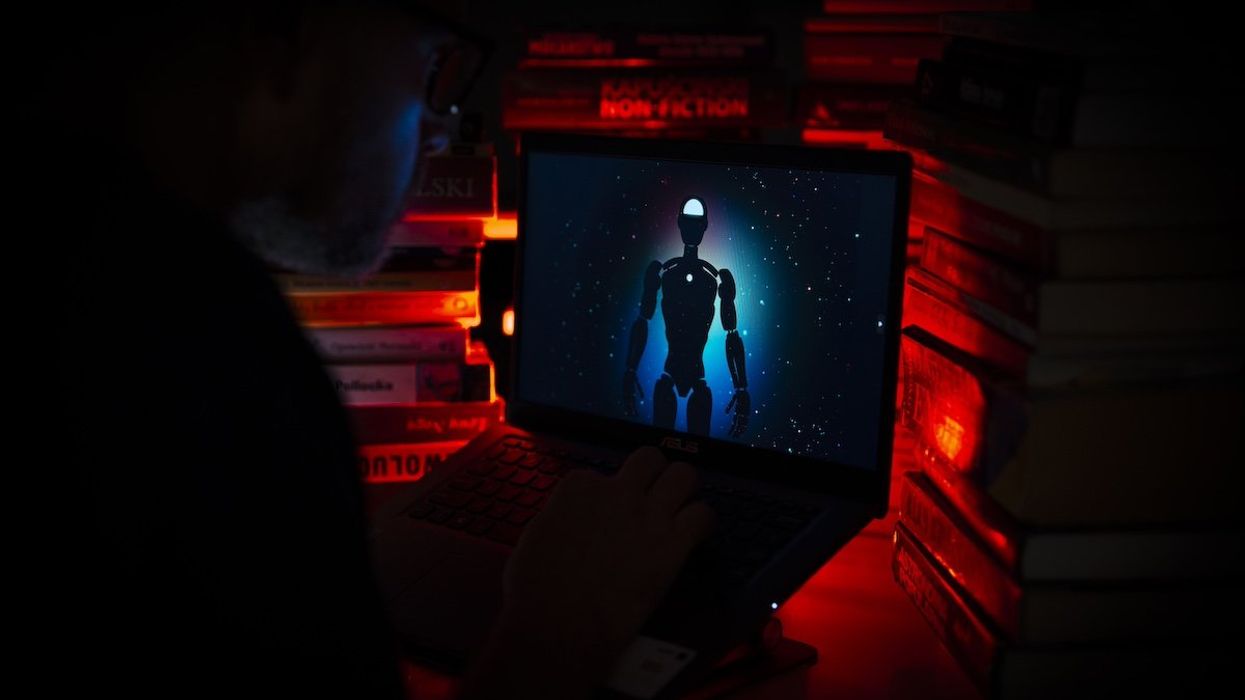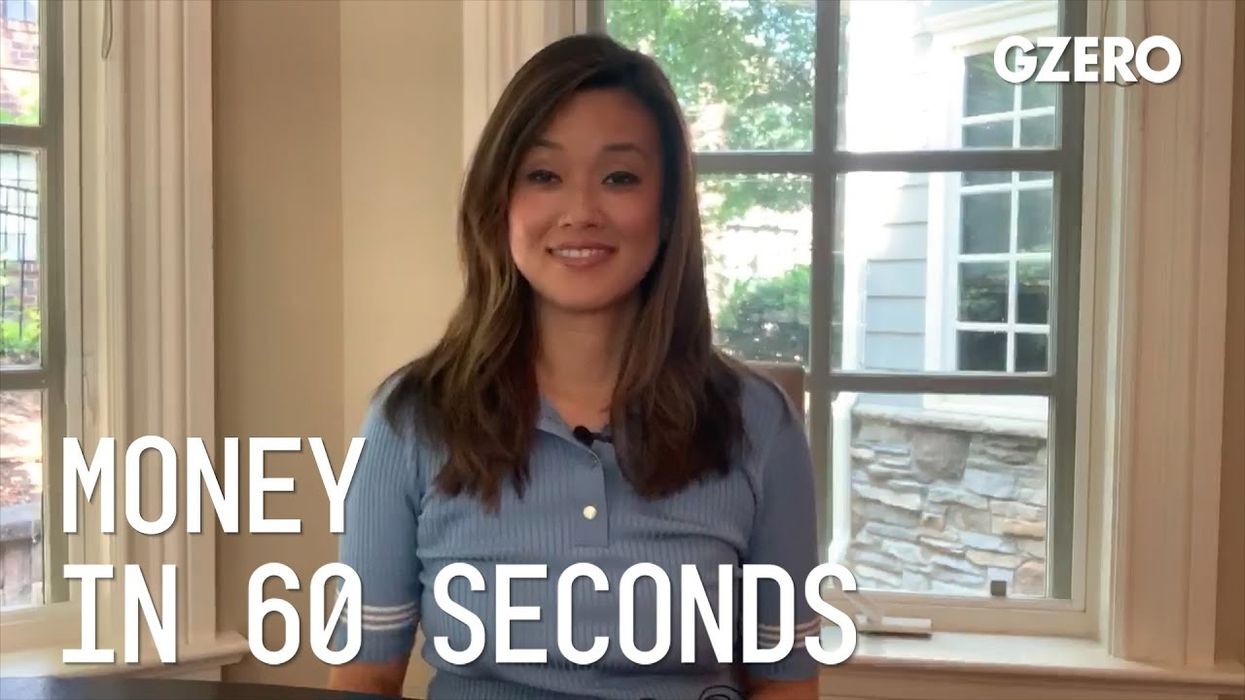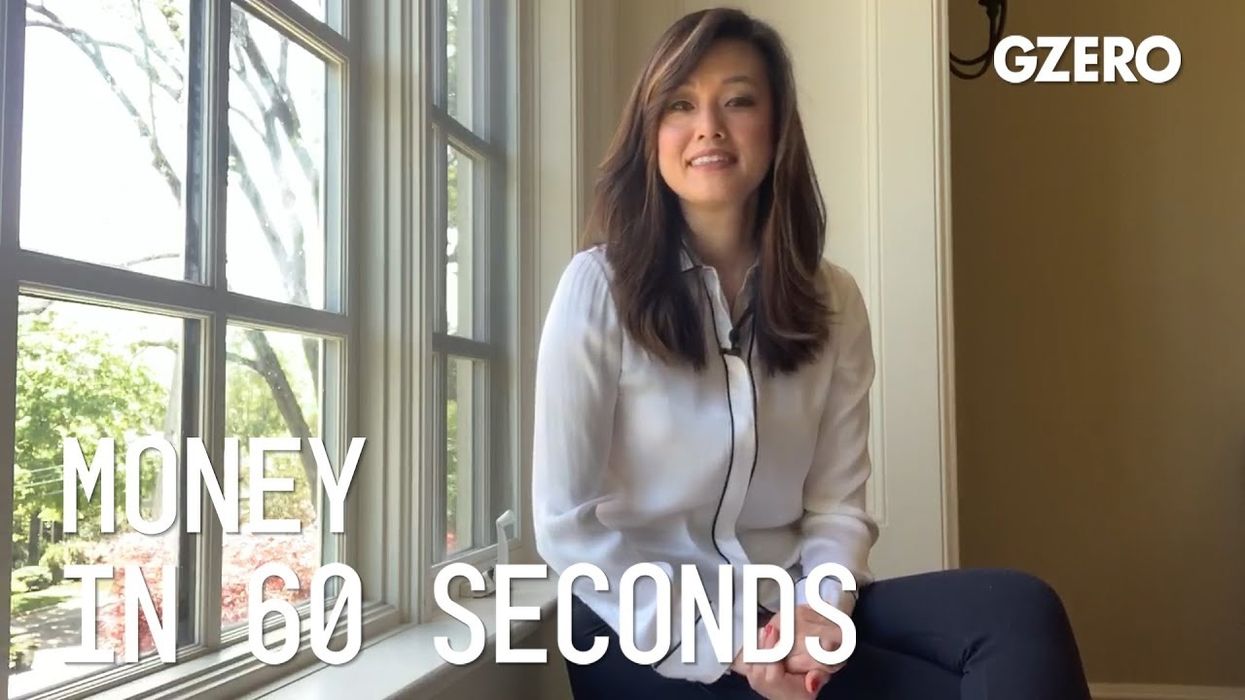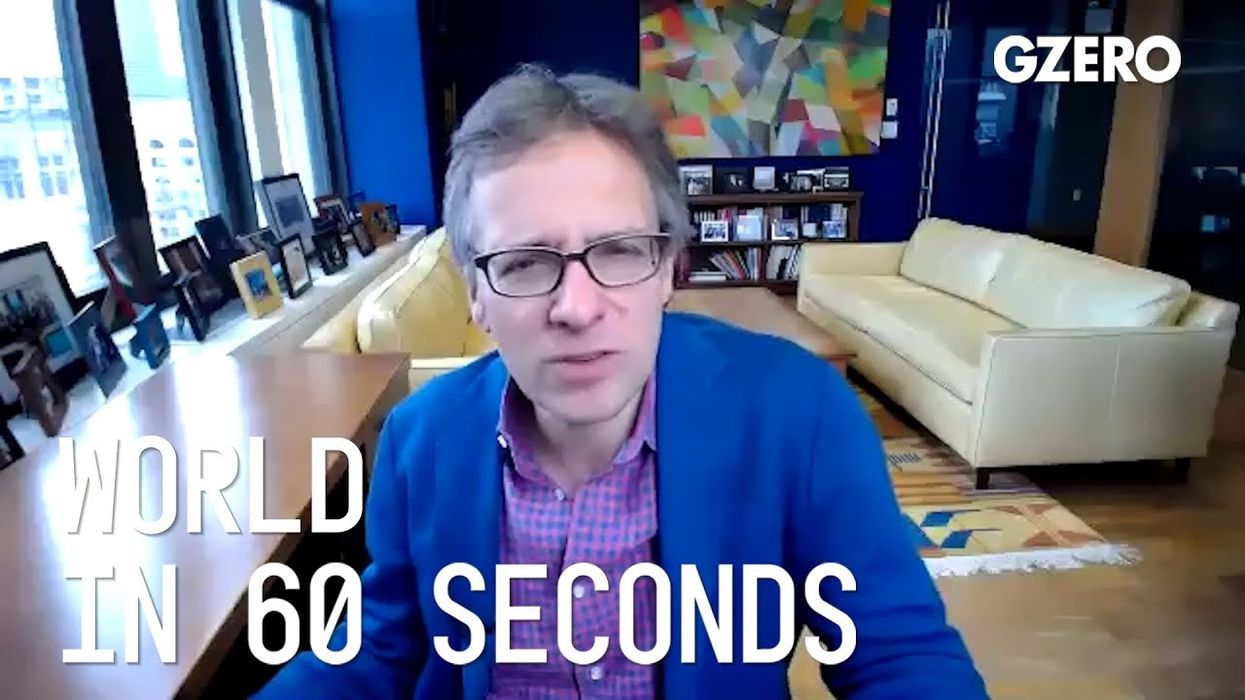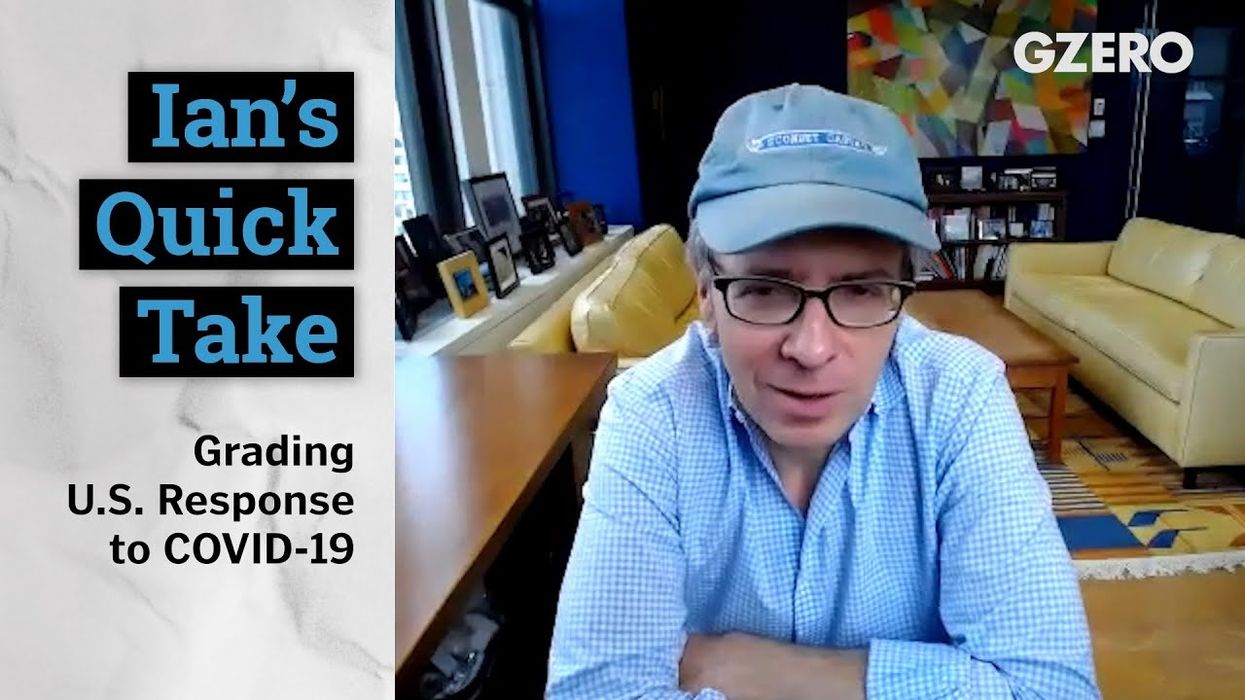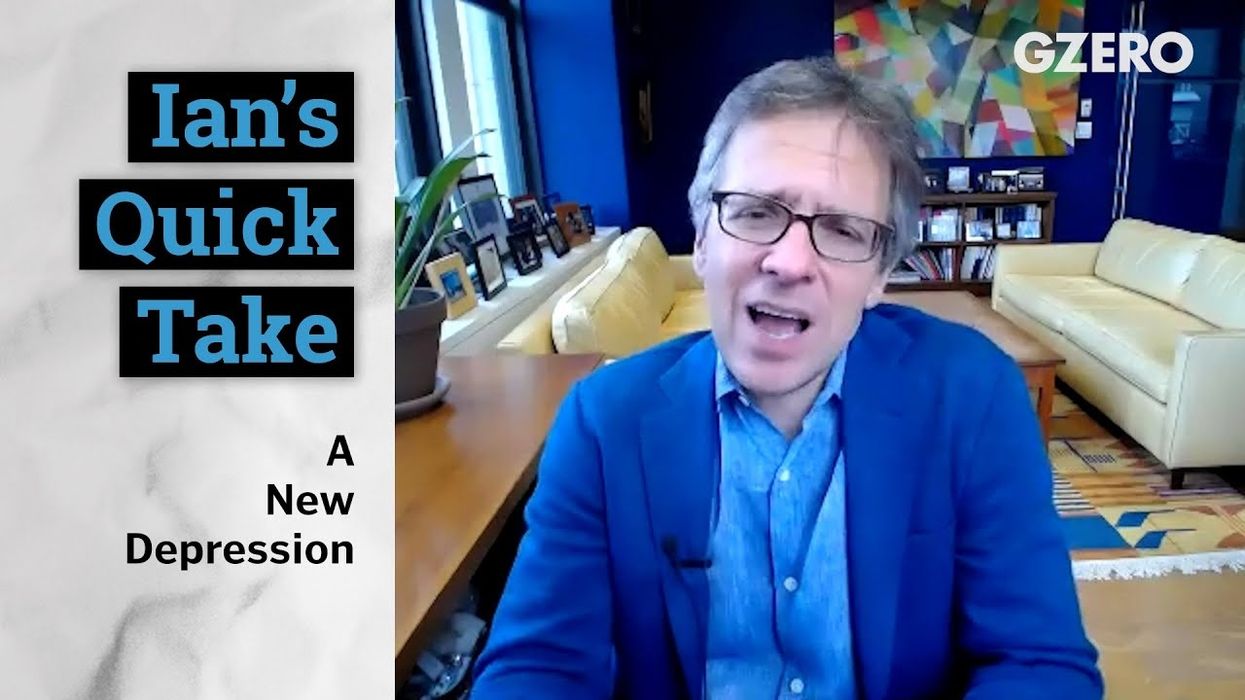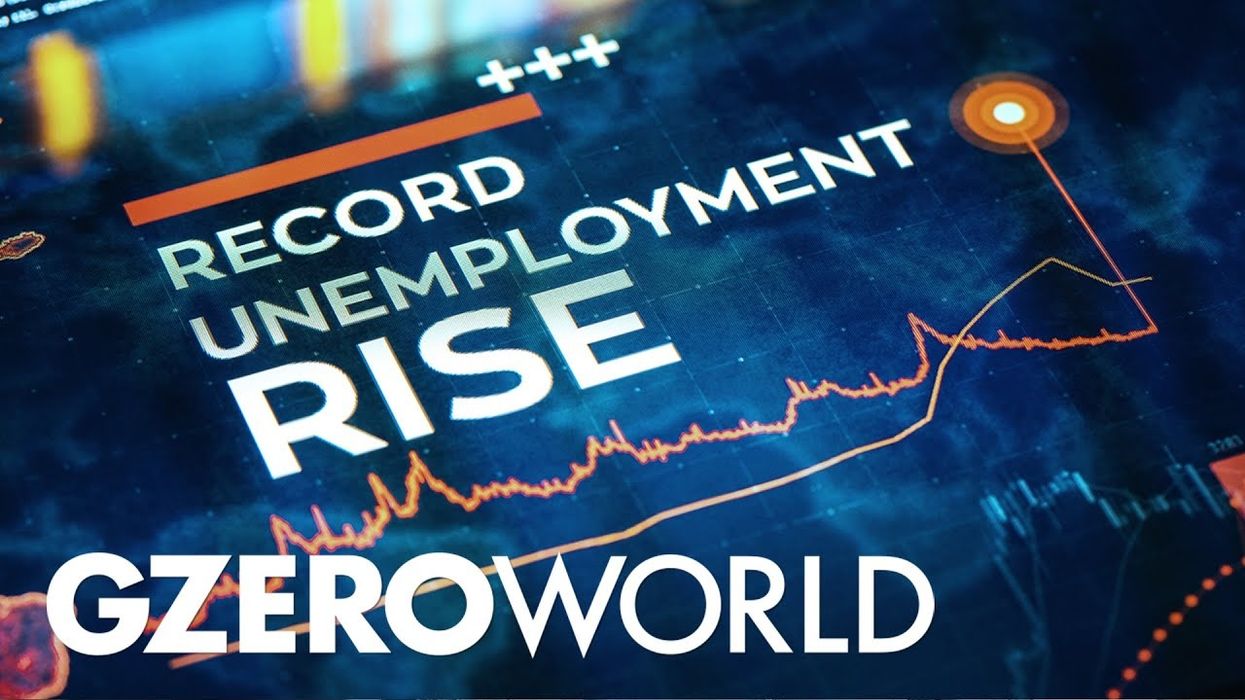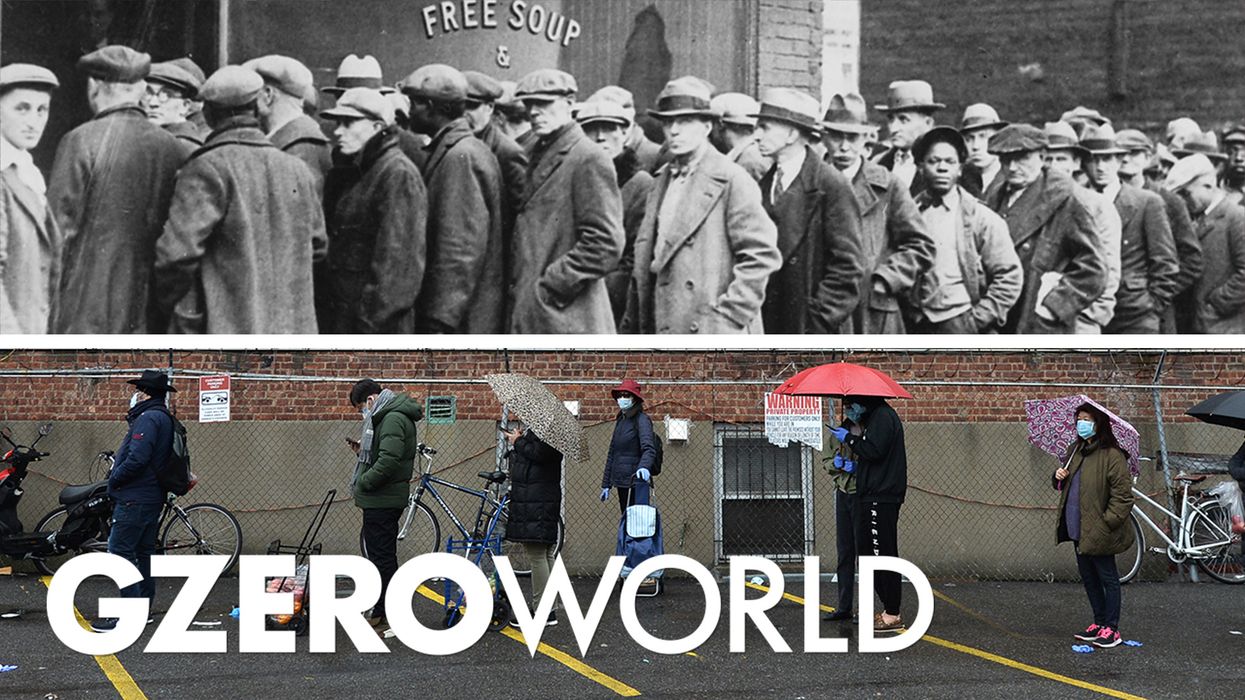GZERO AI
Is AI responsible for a teen’s suicide?
Moments before Sewell Setzer III took his own life in February 2024, he was messaging with an AI chatbot. Setzer, a 14-year-old boy from Florida, had struck up an intimate and troubling relationship — if you can call it that — with an artificial intelligence application styled to simulate the personality of “Game of Thrones” character Daenerys Targaryen.
Oct 29, 2024
